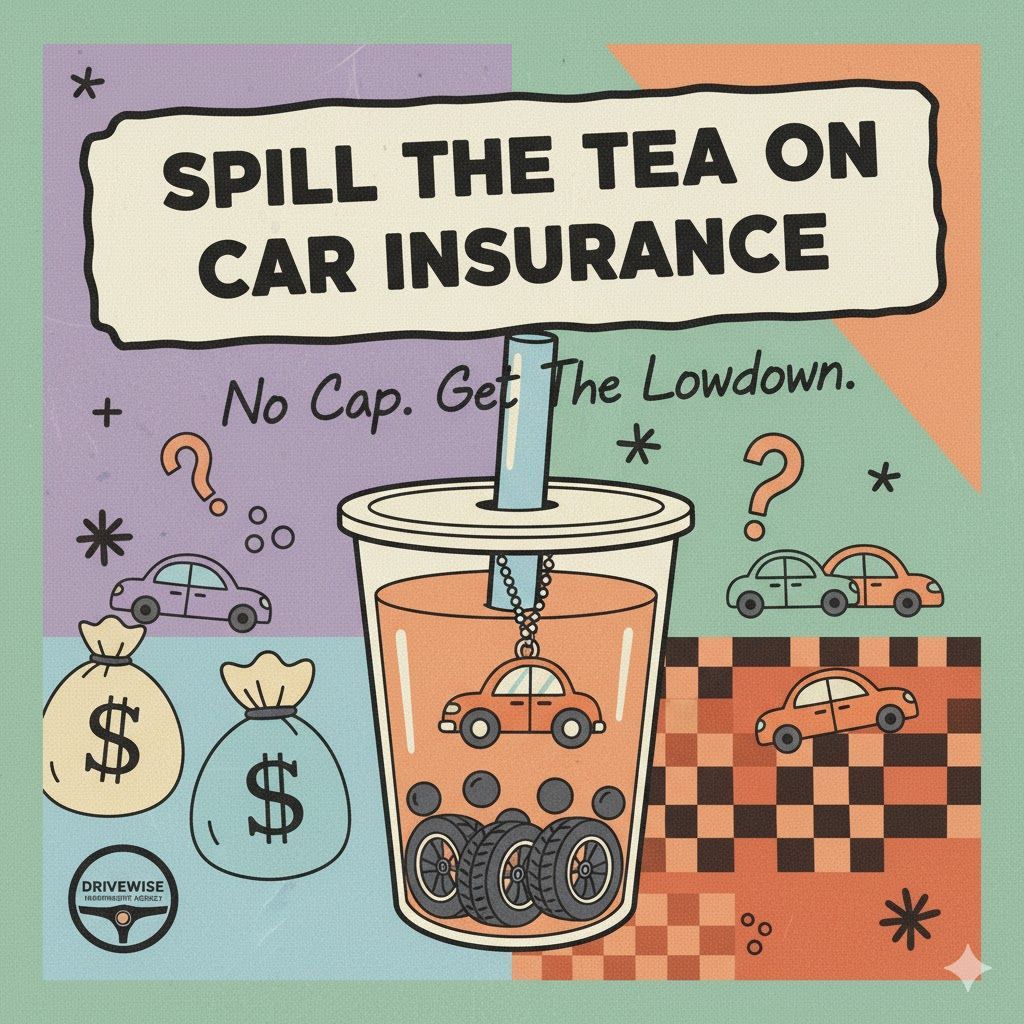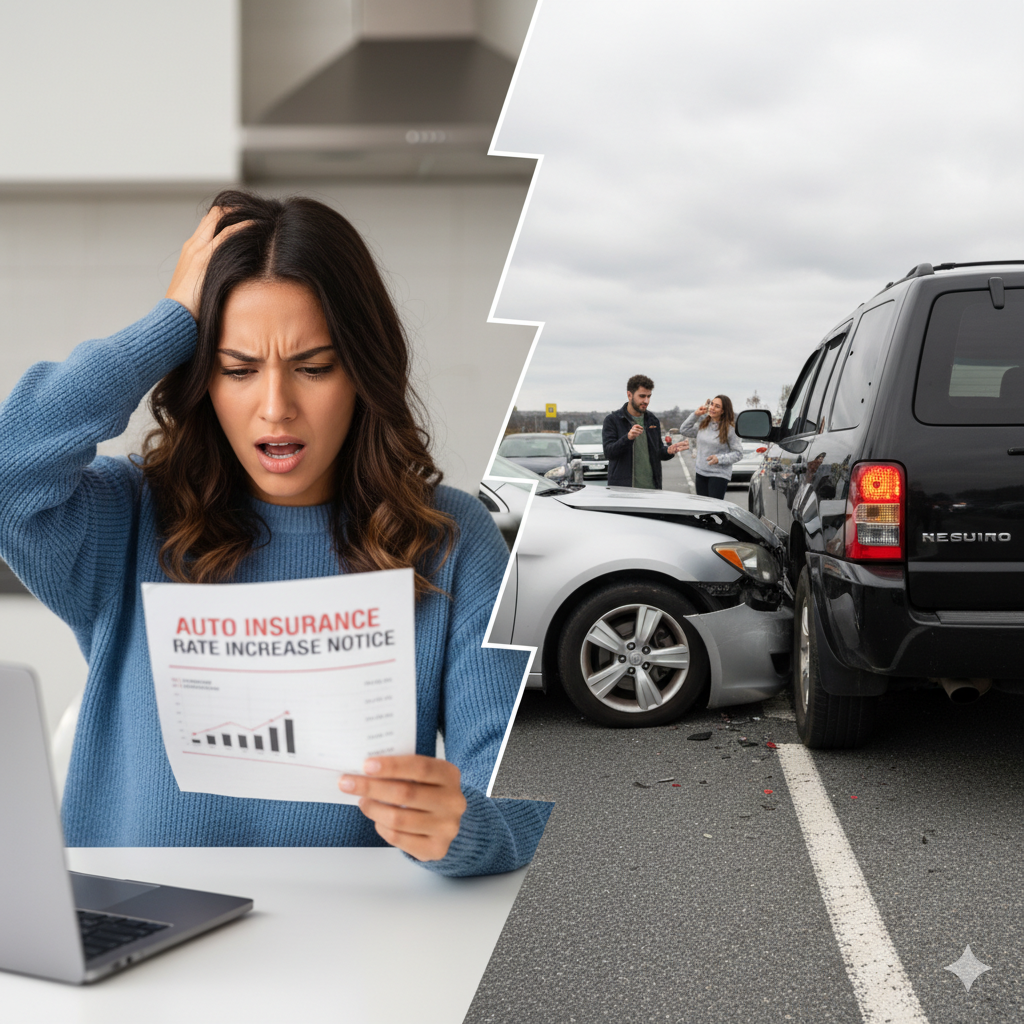Understanding Insurance for Home-Sharing: Protecting Your Property
October 1, 2024
With the rise of platforms like Airbnb and VRBO, more homeowners are exploring the potential of earning extra income by renting out their homes. While this can be a lucrative opportunity, it’s crucial to understand how your homeowners insurance policy is impacted by home-sharing activities. At Select Source Insurance Group, we want to ensure you are fully informed and protected. Here's what you need to know.
Does Homeowners Insurance Cover Short-Term Rentals?
Most standard homeowners insurance policies are designed to cover typical risks, such as damage from fire, windstorms, or personal liability if someone gets injured on your property. However, short-term rentals are usually excluded from this coverage. If a renter damages your property or gets injured while staying, your regular policy won’t cover the loss.
Home-Sharing Considered a Business Activity
When you rent out your home regularly, it’s generally considered a business activity. Business activities aren’t covered under a standard homeowners policy, meaning any damage or liability incurred during a rental could leave you financially vulnerable. To protect yourself, additional or specialized insurance is often required.
Coverage Options for Home-Sharing:
- Insurance Riders: Some insurance companies allow you to extend your homeowners policy to cover short-term rentals. This is typically available for one-time events and must be arranged in advance. Keep in mind, coverage may be limited, and only certain items might be protected.
- Additional Liability Insurance: In certain states, such as Massachusetts, laws may require hosts to carry additional liability insurance for short-term rentals. Be sure to check whether your hosting platform, like Airbnb, offers sufficient coverage, or if you’ll need to purchase your own.
- Specialty Policies: Several insurers offer specialized policies tailored specifically for home-sharing, covering the unique risks associated with short-term rentals. These policies can provide peace of mind by covering both property damage and liability.
If you’re renting a property and plan to sublet it through a home-sharing platform, review your renters insurance policy and consult with your landlord. Renters insurance typically does not cover subletting, and your sublessee will need to secure their own coverage to protect their belongings.
Stay Informed and Protected
Before listing your property for rent, it’s essential to review your current insurance coverage and explore any additional policies or endorsements you may need. Ensuring you have the right coverage can prevent significant financial and legal issues down the road.
Follow us on social media
for more tips and insights on keeping your home protected while maximizing the benefits of home-sharing!

The TL;DR (No Cap) Car insurance isn't some cheugy boomer paperwork. It’s about protecting your present and future bag. It’s what turns a life-altering financial disaster into a manageable Tuesday. Think of your insurance agent as your hype squad. We're here to explain the tea on deductibles, coverage limits, and make sure you're not paying for a policy that’s mid. The Bottom Line: Don’t simp for a cheaper premium that leaves you exposed. Get the right coverage. Secure your whip. Protect your peace. That's true main character energy. The Tea on Car Insurance: Why Do I Need to Drop Stacks on Something I(hopefully) Won't Even Use? Hey besties. Let's be real. Nobody is stoked about spending their hard-earned cash on car insurance. It feels like one of those things your parents—bless their hearts, they're kind of cheugy—keep telling you is "essential." You’re probably thinking, "Big Yikes, is this even a vibe? Why do I need to drop stacks on something I (hopefully) won't even use?" We get it. You're trying to save your bag, maybe finally afford that drip, or just keep that avocado toast habit alive. But hear us out, because don't simp for cheaper premium, because life without car insurance is seriously not the vibe, and honestly? That’s some major delulu behavior. 🚗 Scenario 1 : You're on Vibe Check Street and Things Go Sideways Picture this: You’re cruising, the playlist is absolutely slapping, and you're feeling like the main character. Then, BAM! A chaotic squirrel runs into the road, you swerve, and now your bumper is looking kinda… mid (or worse, completely busted). Without car insurance, that little "oopsie" instantly becomes a gigantic L. You are now personally funding the body shop, which is an express ticket to Brooksville (population: you). If you have a loan, your lender is going to be shook—and not in a good way. The Insurance Slay: If you have comprehensive and collision coverage, you can low-key just file a claim. You pay your deductible (which is usually much smaller than a whole repair bill), and your insurance company steps in and says, "Bet." Suddenly, that Big Yikes situation is just a minor inconvenience, not a financial dumpster fire. You're winning, which is a big fat W. 💥 Scenario 2 : It Wasn’t You, It Was Karen Okay, so let’s say you are driving perfectly. You have that rizz behind the wheel. But then, some absolute NPC runs a stop sign and totals your whip. What about your car? If the other person has terrible insurance (or, yikes, none), and you only have basic liability, your car is toast, or is it? Would you be getting ghosted by your savings account? The Insurance Slay: If you went for Uninsured(required)/Underinsured Motorist Coverage (which is a total flex), your policy steps up to pay for your stuff (up to the limits) when the other driver is broke or capping about their coverage. You get your ride fixed, you avoid being salty, and you keep the good vibes rolling. What if it is your fault? This is where your Liability Coverage is the real MVP. Legally, you need this at a bare minimum. It means if you are at fault for an accident, your insurance pays for the other person's damages (car repairs, medical bills, etc., up to the policy limits) so that they don't drag you in court and take your house money. Do you have the right limits? Ready to stop being delulu and get a quote that actually slaps? Hit us up. We'll make it quick, easy, and not at all cheugy. Bet! Our clients live in Spartanburg, Boiling Springs, Inman, Duncan, Roebuck, Moore, Lyman and the general upstate.

Ugh, My Rate Went Up for a Not-at-Fault Accident? It's the ultimate insurance head-scratcher. You're driving along, minding your own business, and then BAM! Some other driver turns your day into a metal-crumpled mess. But wait, it's not your fault! The police report says so, the other driver's insurance company agrees, and you're feeling pretty good about the whole thing. You and the other driver are not hurt and now your car is fixed. Then you get your renewal notice. Your heart sinks. Your insurance rate has gone up. But…why? Didn't we just establish that you were the innocent bystander in this whole debacle? It's a frustrating, perplexing situation that feels about as fair as getting a parking ticket for a car you don't even own. At Select Source Insurance, we hear this question a lot. We get it, it's maddening. So let's try to demystify this insurance riddle together, one slightly-less-maddening explanation at a time. The Crystal Ball of Risk Insurance companies are essentially professional fortune-tellers. They use all sorts of data to predict who is most likely to file a claim in the future. The "riskier" you appear, the more you're likely to pay for insurance. A not-at-fault accident, while not your fault in the traditional sense, can still be a blip on their risk radar. Here's what they're seeing: You're on the road more. If you're involved in an accident, even if it's not your fault, it indicates you're spending time on the road where these things happen. The more you drive, the higher the chance of being in an accident, even if you are the world's most defensive driver. Driving Habits: Even if you're not at fault, an accident can be a sign of unsafe driving habits. Consider this common scenario: you're following a car too closely, and they suddenly hit their brakes. You manage to stop in time, but the car behind you doesn't, resulting in a rear-end collision. While you may not be considered at fault, your decision to tailgate created a domino effect, leading to the crash. This is just one of many examples of how a lack of attention to safe driving practices can contribute to an accident. Stand Alone: This one incident, in and of by itself, may not impact the rate that much, but if another incident similar or different it will have more impact on the rate. The insurance company starts to see a pattern. The "Luck" Factor. Some insurance companies use a more statistical approach. They see that you've been in an accident, and their data might show that people who have been involved in one accident, even a not-at-fault one, are slightly more likely to be involved in another. It's not a judgment on your driving skills, but a cold, hard, and somewhat comical statistical reality. The Cost of Doing Business. Even in a not-at-fault claim, your insurance company might still have to pay for things. They might cover the rental car while your vehicle is being repaired or towing until they're reimbursed by the other driver's insurance. These costs, however small, are still part of a claim, and claims affect rates. The Solution: We Can Help! So, what's an innocent driver to do? The good news is, you're not stuck. This is precisely where being an independent insurance agency like Select Source Insurance makes all the difference. We aren't tied to a single insurance company. We work with a whole bunch of them! If one company decides to punish you for being a victim of circumstance, we can shop around for you. We can find a different insurance company that has a more favorable view of not-at-fault accidents. Think of us as your personal insurance matchmaker. We know which companies are more forgiving and which ones are more likely to raise rates for even the smallest claim. Our job is to find you a policy that offers great coverage without making you pay for someone else's mistake. The Bottom Line Yes, it's a bit ridiculous that your rates can go up for a not-at-fault accident. It's one of those bizarre insurance quirks that makes you want to shake your fist at the sky. But it's not a dead end. Give us a call. We'll do the shopping and negotiating for you. Let us find you a rate that reflects your driving, not someone else's.

Getting your Spartanburg vehicle tax refund: A guide from Select Source Insurance. Did you sell, trade, or wreck (as in a total loss) your vehicle? Did your vehicle get repossessed, or have you moved out of state? You may be eligible for a refund! We understand that navigating property taxes can be confusing, especially when life events like selling or wrecking a car come into play. Many Spartanburg residents don't realize they might be eligible for a refund on their vehicle property taxes in such situations. At Select Source Insurance, we're here to help clarify the process and ensure you get the refund you deserve. When are you eligible for a refund? Spartanburg County offers vehicle property tax refunds in several instances: Selling, Trading, Wrecking, or Repossessing a Vehicle Returning a Leased Vehicle Moving Out of State before your vehicle tag decal expires Transferring a tag does to another vehicle does not qualify What documentation do you need? The required documentation varies depending on why you are seeking a refund. The Spartanburg County Auditor's Office may require: a Bill of Sale Trade-in agreement A statement from your insurance or repossession company Documentation from the leasing company Your new out-of-state registration. How to apply for your refund? You can apply: in person by email: countyauditor@spartanburgcounty.org. by mail: to the Spartanburg County Auditor's office at 366 N. Church Street, Suite 200, Spartanburg, SC 29303 We're here to help Understanding vehicle property tax refunds can be complex. As your local independent insurance agency, we are here to assist with your car insurance needs and related questions. Here is a link: Spartanburg County Tax Refunds Also, did you know you can turn a vehicle tag in online? Yes, it is called a virtual tag turn in or decommissioning a tag. Here is the link: Decommission a Tag If you have questions about eligibility or need help with documentation, contact Spartanburg County. Informational purposes only. Check with the appropriate government entity for actual process.
